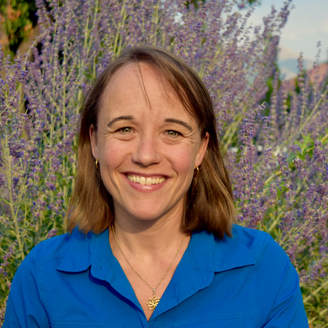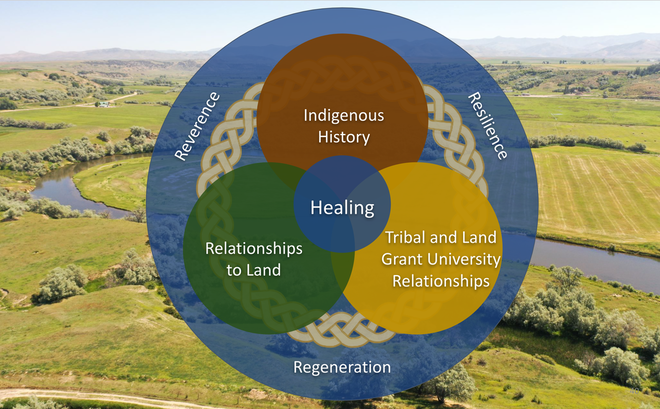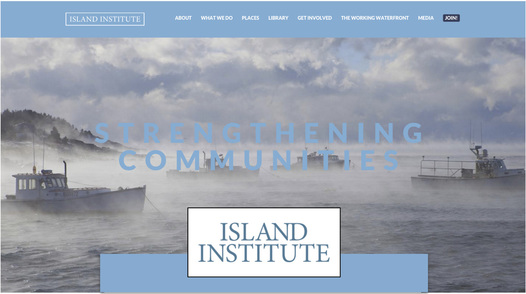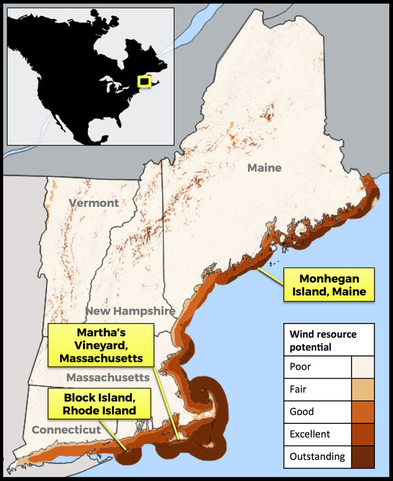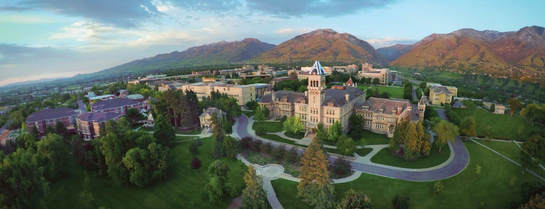|
My collaborative research draws upon methods from social sciences, including economics, as well as ecology. My goal as a problem-oriented researcher is to contribute to solutions to sustainability issues, particularly in the intermountain west and coastal contexts. I consider myself an ecological economist and conservation scientist.
What is the purpose of my research?INTEGRATE SOCIAL AND CULTURAL VALUES LINKED TO NATURE INTO DECISION MAKING
Explicit consideration of the relationships that people have with ecosystems may improve the acceptability of natural resource management decisions, reduce conflict, reduce negotiation expenses and produce better alternatives for those most impacted. I have worked with a team of collaborators to develop methods for identifying, characterizing and, where appropriate, quantifying as well as mapping perceptions of ecosystem services and why they are important. I am collaborating with the Northwestern Band of the Shoshone Nation to weave indigenous, local and western scientific knowledge to create a stewardship plan for Boa Ogoi, the site of a massacre of Shoshone people in 1863. We center this work on healing, as we explain in in this video. |
Map above: NASA carbon dioxide visualization
|
INFORM RENEWABLE ENERGY DEVELOPMENT
A frightening gulf persists between the actions that could stabilize the climate and our current reality. Part of mitigating climate change involves reducing our reliance on fossil fuels. My research seeks to inform the socially and environmentally responsible development of renewable energy. I have conducted several studies on offshore wind and am developing research on land-based wind and solar. My research focuses on ways to make utility scale solar better for biodiversity.
A frightening gulf persists between the actions that could stabilize the climate and our current reality. Part of mitigating climate change involves reducing our reliance on fossil fuels. My research seeks to inform the socially and environmentally responsible development of renewable energy. I have conducted several studies on offshore wind and am developing research on land-based wind and solar. My research focuses on ways to make utility scale solar better for biodiversity.
Offshore Wind Research
COLLABORATION WITH ISLAND INSTITUTE
How did Block Island build support to construct North America's first offshore wind farm? What are lessons learned regarding community engagement near proposed offshore wind sites in New England? I partnered with the non-profit Island Institute to answer these questions.
We found that stakeholder satisfaction was higher with 1) bi-directional, deliberative learning (e.g., developers learning from locals about their values and locals learning from developers about this renewable energy option); and 2) custom-tailored community benefits (e.g., high speed internet cable bundled with electrical cable). See our report here, academic publication here and my dissertation chapter here.
How did Block Island build support to construct North America's first offshore wind farm? What are lessons learned regarding community engagement near proposed offshore wind sites in New England? I partnered with the non-profit Island Institute to answer these questions.
We found that stakeholder satisfaction was higher with 1) bi-directional, deliberative learning (e.g., developers learning from locals about their values and locals learning from developers about this renewable energy option); and 2) custom-tailored community benefits (e.g., high speed internet cable bundled with electrical cable). See our report here, academic publication here and my dissertation chapter here.
FOLLOW MY LATEST RESEARCH

I am an Assistant Professor at Utah State University.
Environment & Society
Quinney College of Natural Resources
Utah State University
Logan, Utah
sarah.klain[at]usu.edu
Environment & Society
Quinney College of Natural Resources
Utah State University
Logan, Utah
sarah.klain[at]usu.edu
